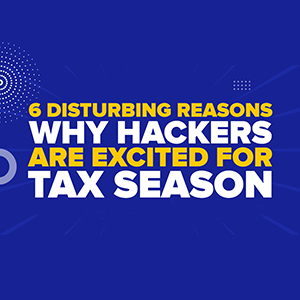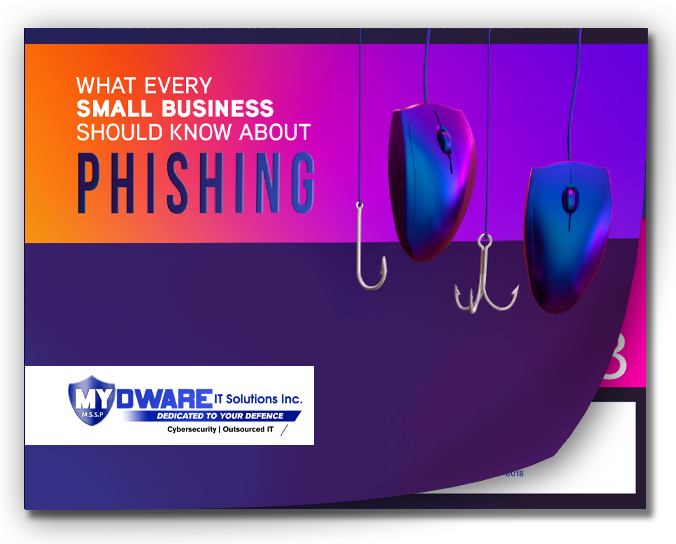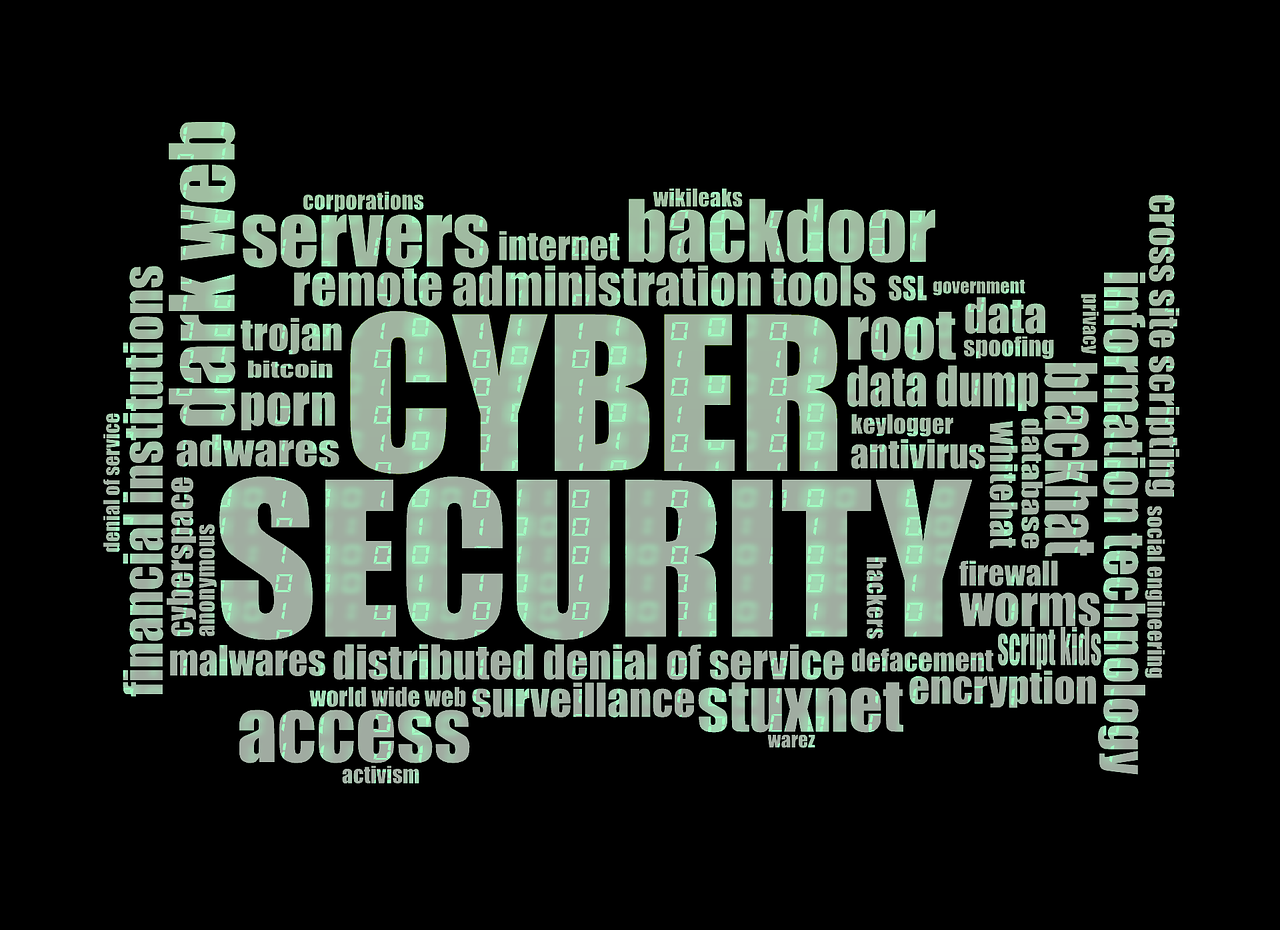 As tax season approaches, business owners are focused on preparing financial records, filing returns, and meeting tight deadlines. Cybercriminals take advantage of this hectic time to launch attacks, steal sensitive data, and cause financial harm.
As tax season approaches, business owners are focused on preparing financial records, filing returns, and meeting tight deadlines. Cybercriminals take advantage of this hectic time to launch attacks, steal sensitive data, and cause financial harm.
The best way to defend against these threats is to strengthen your cybersecurity before it’s too late. Start with a FREE cybersecurity risk assessment to uncover weaknesses in your system!
Why Hackers Are More Active During Tax Season
The rush to meet tax deadlines leads to increased data exchanges, higher e-mail volumes, and more opportunities for cybercriminals to strike. Here’s why tax season is a prime time for cyberattacks:
1. Sensitive Financial Information Is Being Shared Constantly
Businesses send financial data to accountants, payroll providers, and tax agencies. Hackers intercept this data through fake e-mails and impersonation scams. If communication isn’t secure, confidential information is at risk.
2. Deadline Pressure Leads to Costly Errors
With tight tax filing deadlines, employees may rush through e-mails, invoices, and payment requests. Cybercriminals rely on this urgency to bypass security checks. A single mistake could open the door to a serious breach.
3. A Surge in E-mails Creates More Opportunities for Scams
Businesses handle an overwhelming number of e-mails during tax season. Hackers disguise phishing messages as official tax notices, tricking recipients into clicking dangerous links.
4. Scammers Pretend to Be Trusted Authorities
Cybercriminals impersonate tax agencies or financial institutions to request personal data or payments. Falling for these scams can result in stolen funds or data breaches.
5 Cyber Threats Every Business Owner Should Watch For
Hackers use different tactics to steal data and deceive businesses. Here are the most common threats during tax season:
1. Fake Tax-Related E-mails
Scammers pretend to be tax authorities, accountants, or financial institutions, urging businesses to provide sensitive information. These e-mails look real but are designed to steal login credentials. Here’s a quick guide on how to INSTANTLY identify phishing emails.
2. Fraudulent Invoices and Payment Requests
Criminals send fake invoices or urgent payment demands that appear to be from legitimate sources. Businesses that fail to verify these requests may transfer funds to fraudsters.
3. Ransomware Targeting Financial Data
Hackers lock businesses out of critical financial documents and demand ransom payments. Without a secure backup plan, retrieving this data may be impossible. Here are 4 things you PROBABLY don’t know about ransomware.
4. Social Engineering Attacks
Cybercriminals impersonate accountants or payroll providers, tricking employees into revealing confidential information. They use trust and urgency to manipulate their victims.
5. Unauthorized Access to Business Accounts
Attackers use stolen passwords to gain control of tax portals and financial accounts. Without multifactor authentication, these breaches are much easier to execute.
How Business Owners Can Strengthen Security During Tax Season
Business owners need to take an active role in protecting financial data. Here are five essential steps to enhance security:
1. Train Employees to Identify Scams
Teach staff how to recognize phishing e-mails, fake invoices, and suspicious payment requests. Encourage them to verify senders and report unusual activity.
2. Use Encrypted Communication for Sensitive Documents
Avoid sending tax documents via e-mail. Use encrypted portals or secure file-sharing services instead.
3. Enable Multifactor Authentication (MFA)
Require MFA for accounting software, tax platforms, and business e-mails. This added layer of security helps prevent unauthorized access.
4. Conduct a Pre-Tax Season Cybersecurity Audit
Assess vulnerabilities before tax season begins. Update outdated software, secure business devices, and verify that data backups are in place.
5. Double-Check Financial Transactions
Always verify payment requests, especially during tax season. Use a second method, like a phone call, to confirm before transferring funds.
Protect Your Business Before Cybercriminals Strike
Tax season is stressful enough—don’t let cybercriminals make it worse. By staying informed, training employees, and strengthening security, you can prevent fraud and data breaches.
At MYDWARE IT Solutions Inc., we help business owners in the GTA and Simcoe County stay ahead of cyber threats with a FREE cybersecurity risk assessment. Take action today to secure your financial data before it’s too late.
Darryl Cresswell
CEO & President
MYDWARE IT Solutions Inc.




